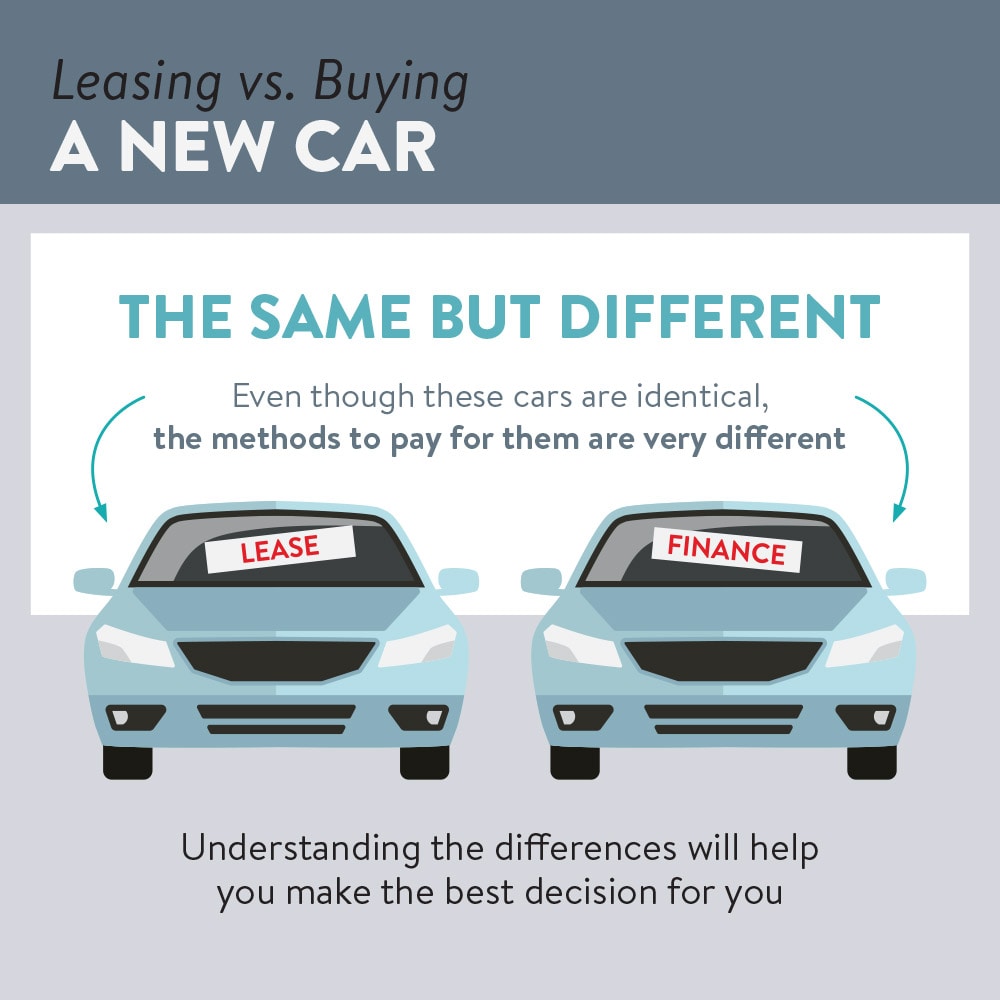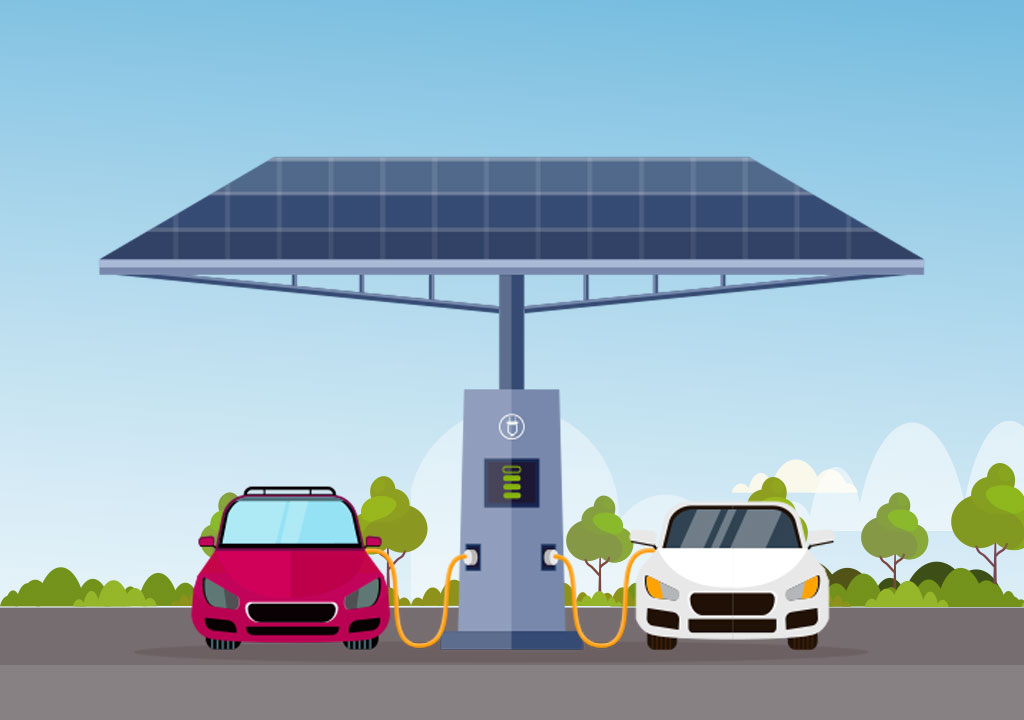When it comes to getting behind the wheel of a new car, one of the most crucial decisions you’ll need to make is how to finance your purchase. The two most popular options are buying and leasing. Each has its advantages and disadvantages, and the choice you make can significantly impact your financial situation and overall driving experience. In this blog post, we’ll explore both options in detail, helping you make an informed decision that suits your needs and preferences.
Buying a Car: Owning Your Vehicle
Buying a car is the more traditional approach to car ownership. When you buy a car, you’re making a long-term investment, and at the end of the day, you’ll own the vehicle outright. Here are some key points to consider if you’re leaning towards buying:
Pros of Buying:
Ownership: The most apparent advantage of buying is that you become the outright owner of the vehicle. Once you’ve paid off your auto loan, the car is yours, and you can use it as you see fit without worrying about mileage restrictions or wear-and-tear fees.
Equity and Resale Value: When you own a car, it becomes an asset. Over time, you’ll build equity in the vehicle, and when you decide to sell or trade it in, you’ll recoup some of your investment. This can be particularly beneficial if you choose a car with a good resale value.
Freedom of Customization: As the owner, you have the freedom to personalize your car to your heart’s content. You can make modifications, paint it, and install aftermarket accessories without restrictions.
No Mileage Limits: Unlike leasing, where there are strict mileage limits, buying a car allows you to drive as much as you want without worrying about overage fees.
Cons of Buying:
Higher Initial Costs: Buying a car typically requires a larger upfront payment compared to leasing. You’ll need to make a down payment, pay taxes, and cover other fees.
Depreciation: Cars depreciate in value over time. When you own a car, you bear the full brunt of its depreciation, which can impact the resale value.
Maintenance Costs: As the owner, you’re responsible for all maintenance and repair costs once the warranty expires. This can add up over time, especially for older vehicles.
Long-Term Commitment: Buying a car is a long-term commitment. If you’re the type of person who likes driving a new car every few years, this might not be the best option for you.
Leasing a Car: The Flexible Approach
Leasing a car is essentially renting it for a specified period, usually 2-3 years. At the end of the lease term, you return the vehicle to the dealership, and you have the option to lease a new car or purchase the leased vehicle. Here are the pros and cons of leasing:
Pros of Leasing:
Lower Monthly Payments: Lease payments are typically lower than loan payments for the same car. This can free up your monthly budget for other expenses or allow you to afford a more luxurious vehicle.
Warranty Coverage: Most leased vehicles are under warranty for the duration of the lease, which means you won’t have to worry about major repair costs.
New Cars Regularly: Leasing allows you to drive a new car every few years, providing you with the latest technology and safety features.
No Depreciation Worries: Since you don’t own the car, you don’t have to worry about its long-term depreciation.
Cons of Leasing:
Mileage Limits: Lease agreements typically come with mileage limits, and exceeding them can result in hefty fees at the end of the lease term.
No Ownership Equity: When you lease, you don’t build equity in the vehicle. At the end of the lease, you have no ownership stake.
Additional Costs: You may be responsible for excess wear-and-tear charges when you return the leased car. These can include charges for dings, dents, or excessive interior wear.
Penalties for Early Termination: Terminating a lease early can result in substantial penalties, so you’re locked into the lease term.
Choosing the Right Option
The decision between buying and leasing ultimately depends on your individual circumstances and priorities. Here are some questions to consider:
How long do you plan to keep the car? If you like driving the same vehicle for many years and building equity, buying might be the better choice.
What’s your budget? Leasing often offers lower monthly payments, but buying can be more cost-effective over the long term.
How many miles do you drive annually? If you have a long commute or enjoy road trips, buying might be preferable to avoid mileage penalties.
Do you want to customize your car? If personalization is essential to you, buying a car gives you more freedom.
Are you concerned about maintenance costs? Leasing can be advantageous if you want to stay within the warranty period and avoid unexpected repair expenses.
In the end, there’s no one-size-fits-all answer. Both buying and leasing have their advantages and drawbacks, so it’s essential to weigh them against your preferences and financial situation. Consulting with a financial advisor or car dealership can also provide valuable insights into which option aligns best with your goals.
Conclusion
The choice between buying and leasing a car is a significant decision that impacts your finances and lifestyle. Consider your driving habits, budget, and long-term goals carefully before making your choice. Whether you opt for ownership through buying or the flexibility of leasing, the most important thing is to select the option that suits your needs and preferences. Your car should enhance your life, and making the right financing choice will ensure it does just that.




